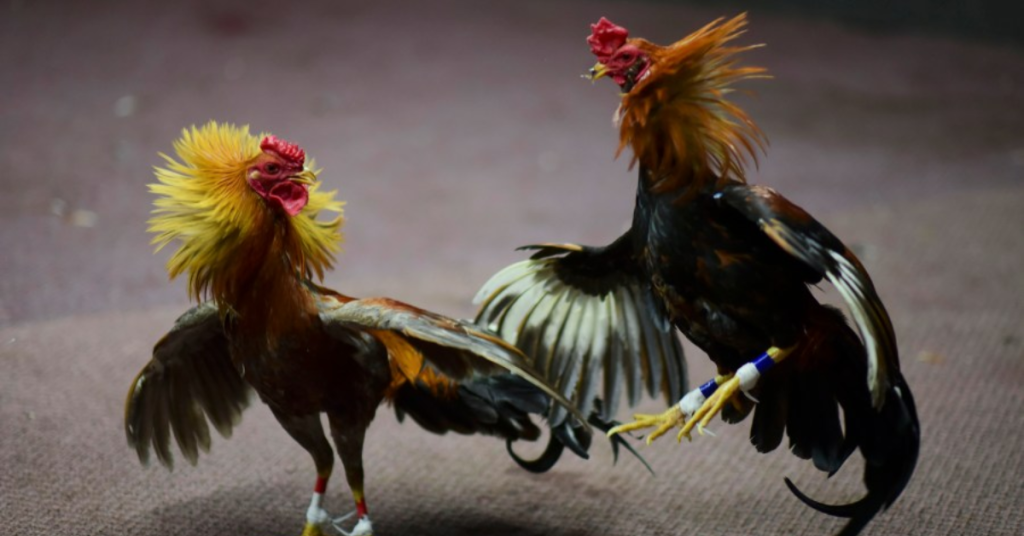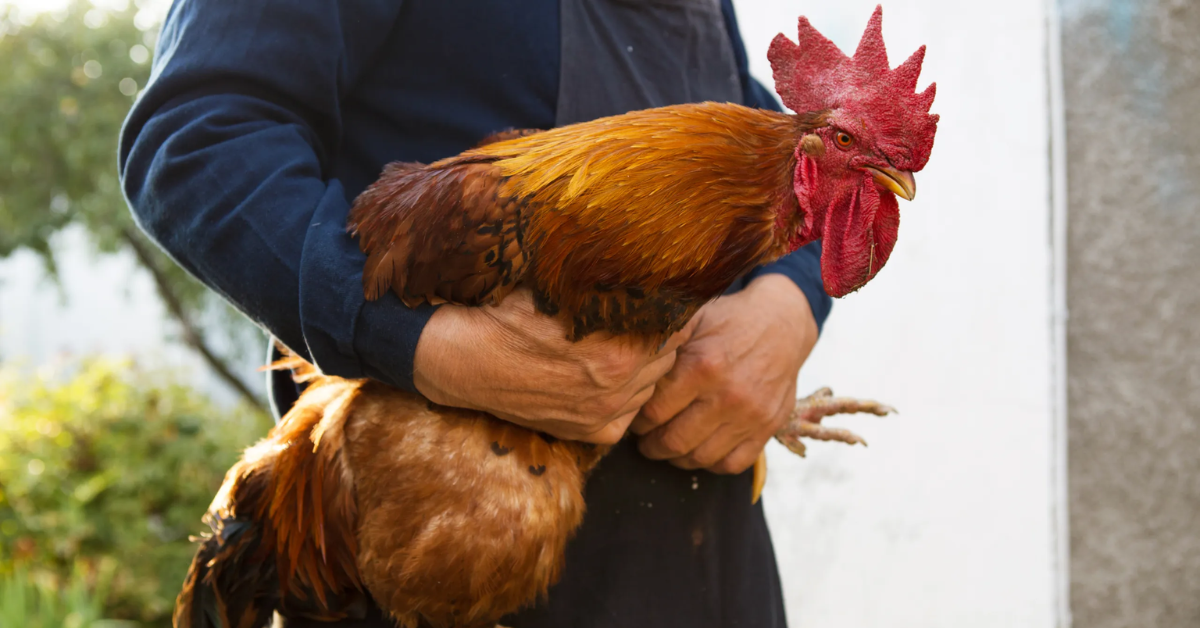A Kentucky lawmaker is pushing for stronger penalties against cockfighting by aiming to make it a felony under state law. Senator Greg Elkins, a Republican from Winchester, has filed a bill that would expand the current dogfighting laws to include all forms of animal fighting, specifically focusing on cockfighting. Elkins firmly believes that animal fighting is an inherently cruel practice and needs to be stopped.
Cockfighting is already illegal in every state in the United States, but Kentucky remains one of the few states where it is classified as a misdemeanor rather than a felony. In 2024, Elkins took the step of filing a bill to make cockfighting a more serious crime, and now, in 2025, he has filed the same proposal again.
Elkins remains concerned that cockfighting continues to be practiced in the state, and he insists that it is a problem that needs to be urgently addressed. “It’s something that we need to stop,” Elkins said in a recent interview with FOX 56 News. He continued, “We need to make sure we’re not fighting animals, which is a spectator sport.”
Earlier this month, Kentucky State Police conducted a raid on a cockfighting event in Casey County, where they arrested 54 individuals. Each of the 54 people was charged with second-degree animal cruelty, a misdemeanor offense. If Elkins’ bill is passed, the penalties for those who attend or sponsor cockfighting events will increase significantly.
The bill proposes that those involved could face a class D felony charge, meaning harsher consequences than currently allowed under state law. Additionally, those convicted would lose their animals, and the bill stipulates that offenders would be required to pay restitution to cover the costs associated with the crime.
Elkins’ bill, known as Senate Bill 39 (SB 39), has a special provision to protect falconry, which is a traditional type of hunting that involves trained birds of prey. Under the bill, falconry would be exempt from the proposed changes. Elkins also hopes to strengthen an existing federal law that prohibits bringing a child to an animal fight.
He believes that if the law targets minors and prevents them from attending such events, future generations can be shielded from witnessing animal cruelty. “We stop it with the minors, maybe the next generation. We don’t have to worry about it at all,” Elkins said, emphasizing the importance of stopping the practice at the youth level.
Elkins’ bill has now been submitted to the Senate Judiciary Committee for review. The committee is tasked with evaluating the bill and deciding whether it will be moved forward for a vote by the full state Senate. If the bill passes, it will mark a significant change in how Kentucky treats animal fighting and could potentially lead to harsher penalties for those involved in these brutal activities. Many animal rights groups are hoping for the bill’s success, as they believe it would send a strong message that animal cruelty will not be tolerated in the state.
Senator Elkins’ efforts are part of a broader push in many states across the U.S. to toughen animal cruelty laws. While the law already prohibits animal fighting, including cockfighting, in all 50 states, only a handful of states treat it as a felony offense.
Many people, like Elkins, believe that increasing the severity of the crime is necessary to curb the practice and protect animals. Those who support the bill hope that it will set an example for other states that have weaker animal protection laws and encourage lawmakers to take stronger action against animal cruelty.
One of the most notable changes that the bill would bring is its approach to the people who attend and sponsor cockfighting events. In Kentucky, attendees are currently only charged with a misdemeanor, but under Elkins’ proposed bill, the penalty would be much more severe.
If passed, anyone who attends or sponsors a cockfighting event could face a felony charge, which could lead to prison time and significant fines. Elkins also proposed a restitution requirement, meaning those convicted would be forced to pay for the damage caused by the crime, including potential legal fees and the costs of caring for seized animals.

In addition to increasing the severity of the punishment for attending or sponsoring cockfighting, the bill aims to bring awareness to the wider issue of animal fighting as a spectator sport. While Kentucky’s animal fighting laws are already stricter than they were in the past, Elkins believes there is still a long way to go to fully eradicate the practice. He has stressed that the bill is not just about addressing cockfighting in Kentucky, but about sending a message that animal cruelty will not be tolerated.
Falconry, a traditional practice that involves hunting with birds of prey, would be exempt from the bill’s provisions. Falconry is widely seen as a legitimate hunting activity, distinct from animal fighting. Elkins has made it clear that this exception is not intended to undermine the bill’s goal of ending animal cruelty but rather to distinguish between different forms of human-animal interaction.
In the meantime, the bill has garnered support from various animal rights activists and organizations, many of whom have expressed their hope that it will lead to broader changes in Kentucky’s laws. By treating cockfighting as a felony, advocates believe that the state would not only strengthen its stance against animal cruelty but would also serve as a model for other states to follow.
As the bill waits to be reviewed by the Senate Judiciary Committee, those in favor of the measure are hopeful that it will receive the attention it deserves. If passed, it could mark a major step forward in the fight against animal cruelty and set a precedent for other states to adopt similar measures.
Disclaimer: This article has been meticulously fact-checked by our team to ensure accuracy and uphold transparency. We strive to deliver trustworthy and dependable content to our readers.

